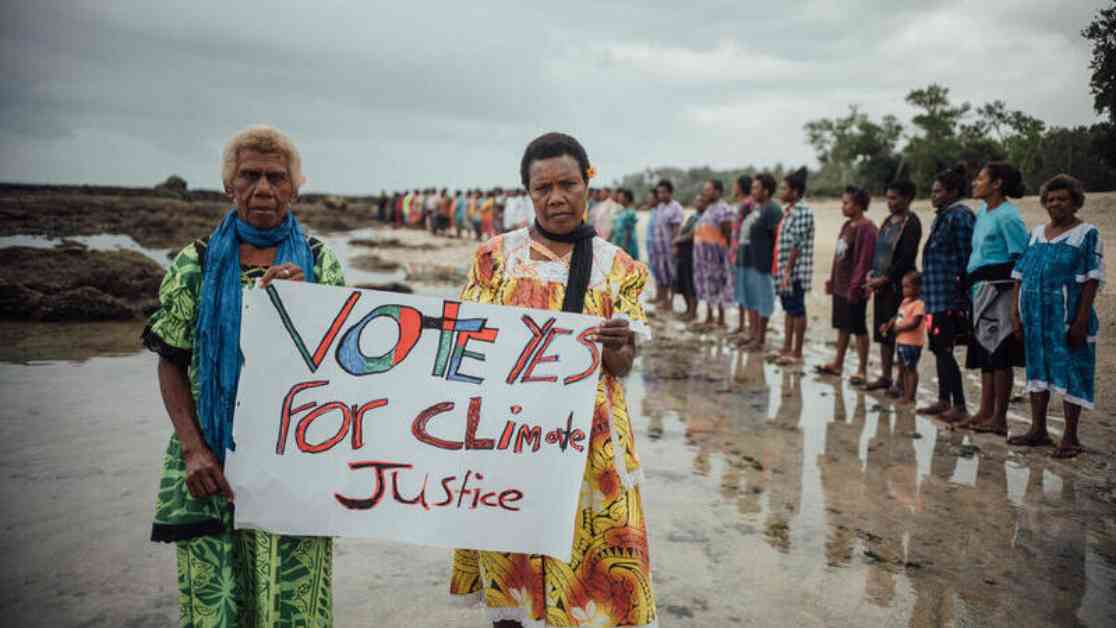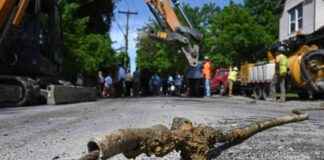Urgent Call for Climate Reparations at ICJ Following COP29 Disappointment
In a year filled with climate change disappointments, a glimmer of hope shines as the International Court of Justice (ICJ) prepares for historic hearings on climate change from December 2-13. This pivotal moment comes on the heels of COP29, where major polluters once again fell short of delivering the necessary financial support to address climate harm. The urgency for climate reparations has never been more apparent, with the ICJ offering a beacon of legal clarity and accountability in the fight for climate justice.
Legal Clarity and Consequences
One of the central issues at the heart of the ICJ climate advisory proceedings is the legal consequences that states face when breaching their climate-related obligations and causing harm. The ICJ’s advisory opinion could have far-reaching implications, from halting harmful activities to providing full reparation, including compensation, rehabilitation, and satisfaction measures. These measures are essential to address the wide range of economic and non-economic harms caused by the climate crisis.
Underfunded Loss and Damage
Despite decades of negotiations, the fund established to address climate harms, known as loss and damage, remains severely underfunded. The reluctance of wealthy nations to acknowledge their responsibility for the escalating climate crisis has left the fund lacking the necessary resources to meet the rising demand. The current structure relies on voluntary contributions, falling short of obligating states to pay for the damages they have caused.
Obligation, not Charity
The ICJ’s advisory opinion has the potential to shift the narrative from charity to obligation when it comes to climate reparations. By affirming that accountability and reparations are a matter of justice, not goodwill, the ICJ can empower climate-vulnerable nations to demand their rights in international climate talks. This legal clarity could pave the way for holding polluters accountable and ensuring that the loss and damage fund fulfills its intended purpose.
As the world looks to the ICJ for guidance on climate duties, it is crucial to remember that legal frameworks already exist to hold states accountable for climate harm. The fight for climate accountability extends beyond the courtroom, requiring a collective effort from individuals, communities, and nations to demand justice for the planet and its people. Let us stand together in defense of our shared future, holding those responsible for climate harm to account and working towards a more sustainable and equitable world.














